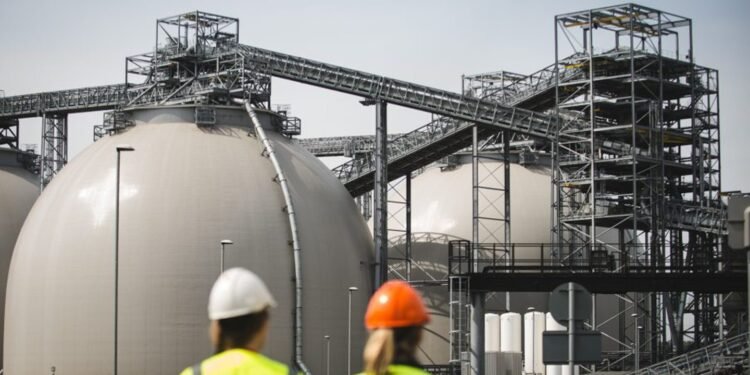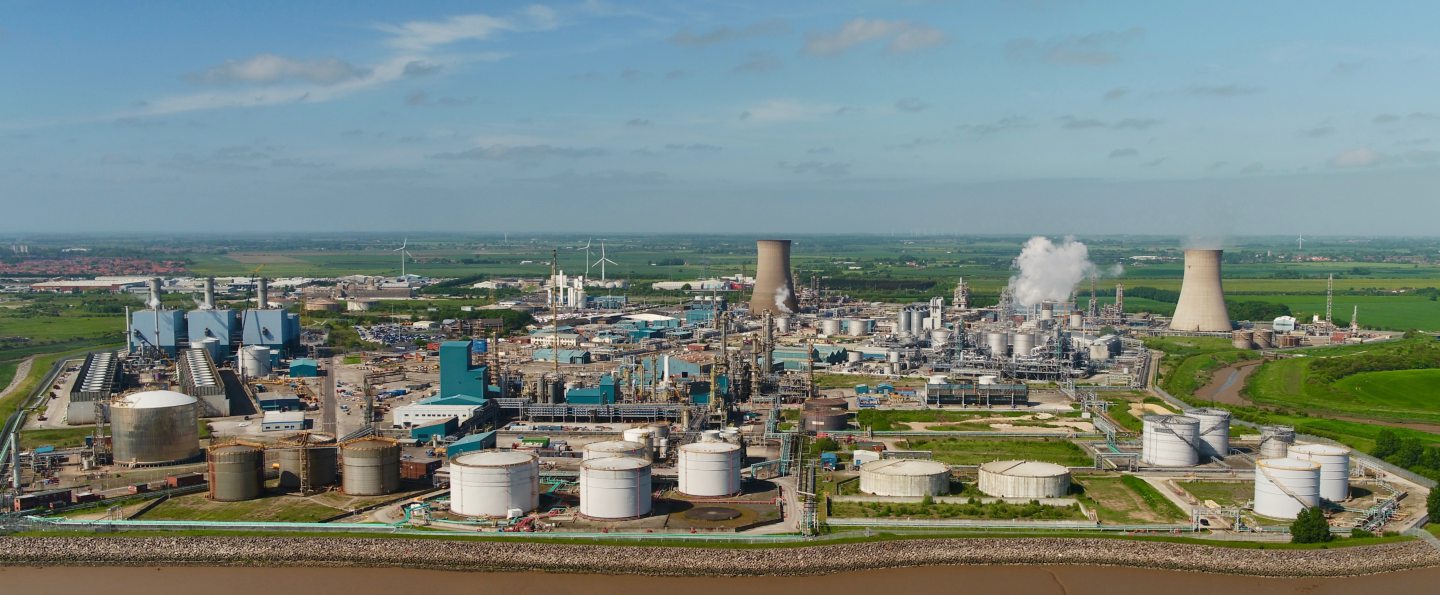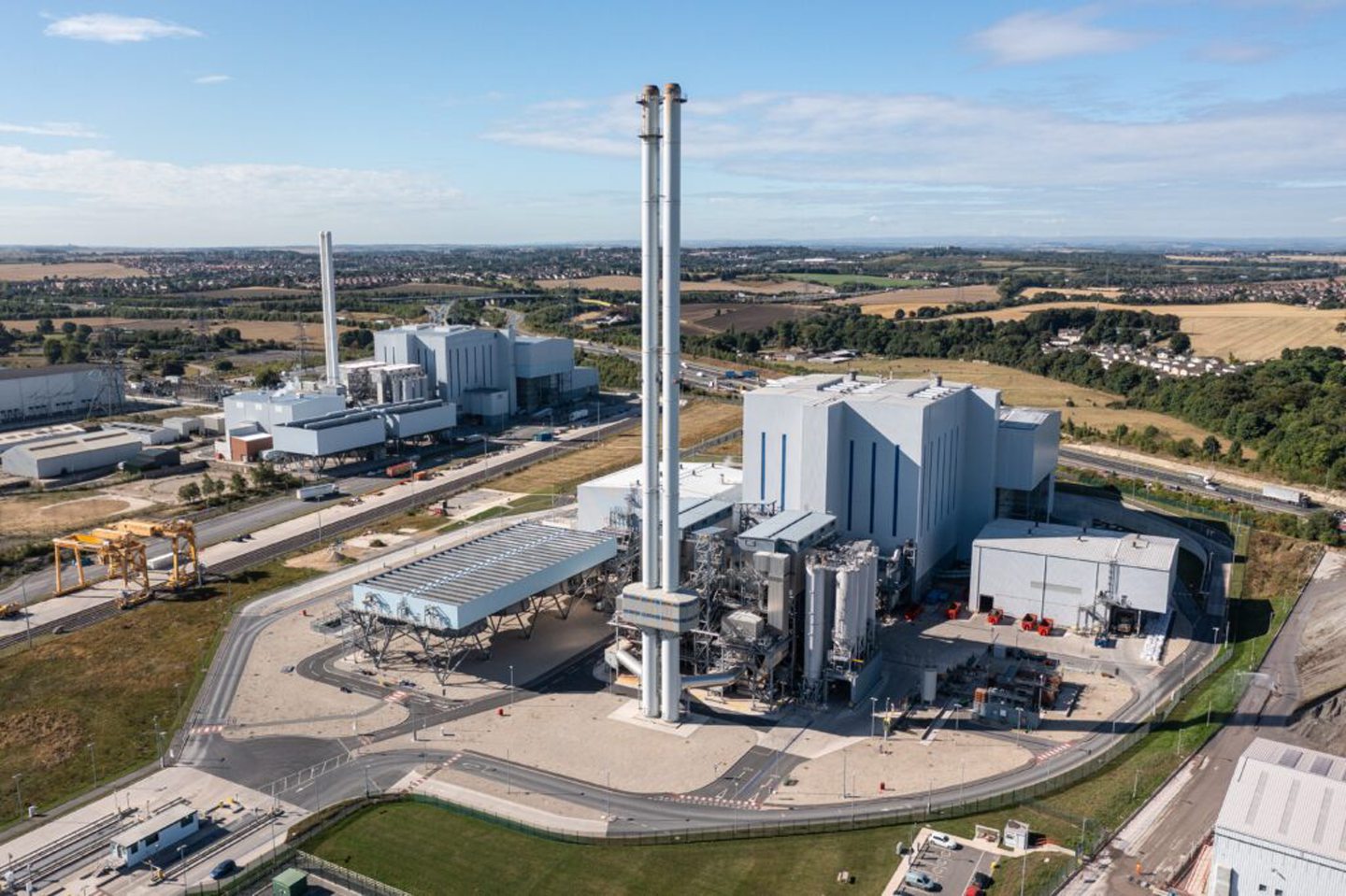Carbon capture, utilisation and storage (CCUS) projects are critical to UK plans to reach net zero targets and worth pursuing despite technical hurdles, according to a new report.
The National Audit Office (NAO) further warned slow progress on the first phase of ‘Track-1’ projects means the government will struggle to achieve its 2030 CCUS ambitions.
While the government has learned lessons from failed CCUS programmes in the past, the NAO said the “inherently challenging nature of CCUS remains, given the nascency of aspects of the technology”.
But while there are challenges around the technology and the business model of CCUS projects, the NAO said the UK “does not have and is currently not developing a credible alternative pathway [to net zero] without the use of CCUS”.
It is therefore “critical” that the Department for Energy Security and Net Zero (DESNZ) “succeeds with its CCUS programme if the UK is to achieve its legally binding climate ambitions”, according to the report.
In total, the NAO estimated the UK government has so far spent £630 million on its CCUS programme, primarily through grants to support the early development of projects.
It comes as the Scottish government this week allocated £2 million towards a pipeline feasibility study for the Acorn CCS project.
The UK government is currently negotiation support for the Track-1 CCUS projects first announced in 2021.
The first phase includes HyNet, backed by Italian firm Eni, and the East Coast Cluster supported by North Sea heavyweights BP and Shell.
Meanwhile, the government confirmed the Acorn project in Scotland and the Viking CCS project in Humberside in the ‘Track-2’ process last year.
In December, DESNZ also announced an expansion plan for Track-1 projects within HyNet as it unveiled wider plans for a self-sustaining CCUS market from 2035.
The North Sea Transition Authority has issued 27 offshore carbon storage licences with further CCUS projects beginning to take shape.
In its report, the NAO said completing negotiations to support Track-1 projects will be a “very significant milestone” in signalling commercial feasibility and government commitment to CCUS.
Achieving this may require the government to “accept that some risks can only be partly mitigated”, including higher costs to support early projects.
However, this “could be a risk worth taking” if the government determines that the potential cost of delays or pursuing alternative carbon abatement could be significantly higher.
The NAO compared the early stages of developing a CCUS sector to offshore wind, with the government able to “extract greater value for money” if it ensures lessons are captured which enable costs to come down in the future.
Industry response
In response to the NAO report, Carbon Capture and Storage Association chief executive Ruth Herbert said there has been “significant progress” over the past three years on CCUS clusters, but “final investment decisions are yet to be taken”.
“The newly elected government and the Climate Change Committee both view CCUS as vital to meeting the UK’s climate targets,” Herbert said.
“CCS on power generation is set to play a key role in enabling the Net Zero Power target and industries across the UK, such as cement manufacturing, hydrogen production and energy from waste are relying on the deployment of carbon capture to reduce their emissions.”
Herbert said negotiations are on track for financial investment decisions in September, and keeping to this timetable will “demonstrate to investors that the UK is an attractive location for the net zero industries of the future”.
Offshore Energies UK (OEUK) Enrique Cornejo said CCUS technology is “essential for the UK to get to net zero”, but added firms investing in it “need to be set up for success”.
“In the right investment environment, firms are ready to deploy the money this new Great British industry needs,” Cornejo said.
“We have a once in a lifetime opportunity to become a global leader in carbon capture technology by capitalising our significant CO2 storage potential offshore and the highly transferable capabilities of our oil and gas sector.”
Government support for CCUS infrastructure will help “protect thousands of existing jobs” in industries with no viable decarbonisation alternative, Cornejo said.
It could also create new markets for low carbon goods and provide “billions of pounds of work for our energy supply chains”, he added.
CCUS scepticism
However, the UK government’s pursuit of CCUS as a key component of its net zero strategy has drawn criticism over the “disproportionate” amount of support for blue hydrogen.
The Institute for Energy Economics & Financial Analysis (IEEFA) has highlighted concerns over the amount of support directed at oil and gas firms, and the underperformance of existing CCUS projects.
Meanwhile, a separate report from think tank Carbon Tracker found the UK government CCUS strategy risks locking consumers into a “high-cost, fossil-based future”.
Carbon Tracker also warned gas-powered hydrogen production and carbon capture schemes risk derailing the UK’s net zero targets due to upstream LNG emissions.
There are also concerns about the emissions impact of CCUS projects themselves, with calls for more transparency around the total carbon impact of building the necessary infrastructure.
Environmentalists have also criticised moves to approve UK bioenergy with CCS projects, which aim to deliver net-negative emissions, branding it an “expensive gamble” with questionable green credentials.
Recommended for you




 © Supplied by Media Zoo
© Supplied by Media Zoo © Supplied by Enfinium
© Supplied by Enfinium






